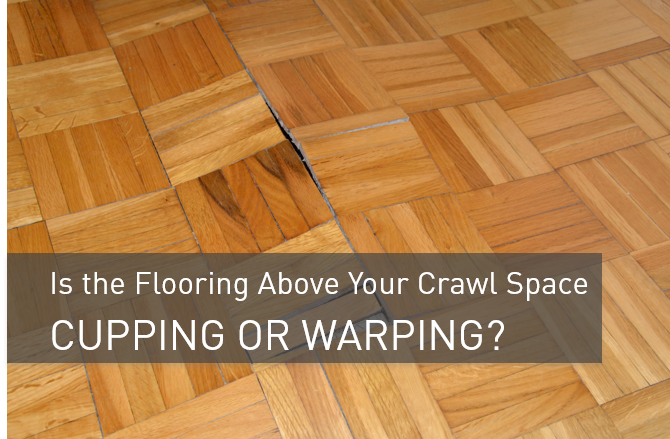To prevent serious problems with your engineered floor in later life expansion gaps should be left around the edge of the room wherever the floor meets a fixed object such as the walls or a doorway.
How to keep flooring from expanding and ahrinking.
As such all four sides should grow relatively equally mainly if all four come from the same piece of original stock.
Now today several years later it shrank all around the room you can see the sub floor pad showing before the quarter round trim.
So using engineered flooring may be an option for reducing winter time floor issues but check the manufacturer s recommendations and warranty.
Narrow boards will shrink less than wide boards for a given change in moisture content mc.
Solid hardwoods by far will expand and contract more than engineered products.
Especially when we keep the windows open higher humidity can cause wood floors to swell up and close all the gaps between boards.
This will allow engineered planks to naturally expand and contract without causing disfigurement to the overall floor.
A 5 inch wide plank will shrink twice as much as a 2 inch strip.
During dry cold weather laminate might shrink causing cracks to appear between each plank.
How much will depend on the layout involved seasonal change in relative humidity species selection and type of hardwood cut.
Flooring set in the home 6 weeks before installment to acclimate.
Maintaining a stable level.
First started in a doorway to the hall.
Keep in mind many factors can affect the expansion and contraction of wood floors.
Methods for dealing with expansion and shrinkage.
When building a carcass for a cabinet each of the four sides of the box should have the grain oriented in the same direction.
While this seasonal movement is a normal characteristic of laminate flooring these effects can potentially be reduced by following a few guidelines.
When installing floating vinyl floors it is necessary to allow for this expansion by leaving a gap around the perimeter of the floor or anywhere it meets another floor or.
In the puget sound region where we live the average outside relative humidity ranges from 65 to 80 percent in the summer which is high compared to winter indoor air.





























